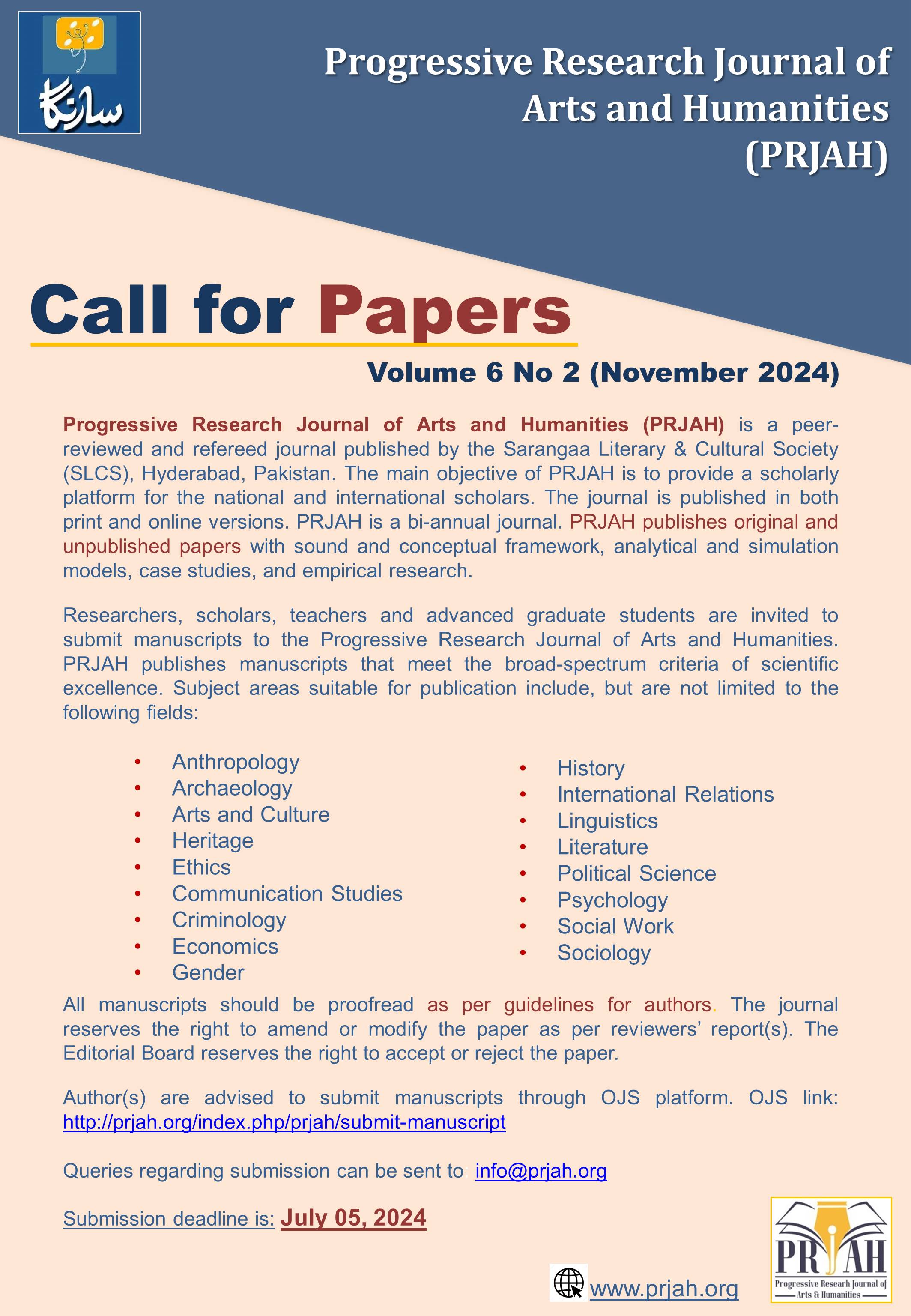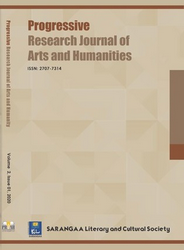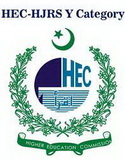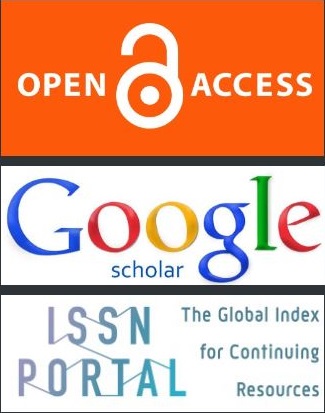Antecedents of Social Entrepreneurship Intention among the Private University Students of Pakistan
DOI:
https://doi.org/10.51872/prjah.vol4.Iss1.183Keywords:
Emotional intelligence; Creativity; Moral obligation; Social entrepreneurship intention; Private Universities.Abstract
The study proposes to investigate the antecedents of social entrepreneurship intention (SEI) among the students of private universities of Pakistan. A conceptual model is developed from the literature, and the hypotheses are formulated for testing. This is a quantitative study of the nature. We collected the cross-sectional data from private university students by employing quota sampling. In total, 400 questionnaires were distributed. In return, 244 usable samples were received back and valid 61% of response rate. By employing the structural equation modeling, the outcomes of a study show a positive and significant influence of emotional intelligent (EI) creativity and moral obligation (MO) on SEI among the private universities’ students of Pakistan. The conclusion of an investigation would help in knowing the role of creativity, EI and MO in developing the SEI. The university authorities and policymakers may develop their ideas to divert the mind of the students towards SEI in order to reduce the burden of unemployment. Finally, it would contribute to the literature of entrepreneurship and psychology, particularly for developing contexts.






